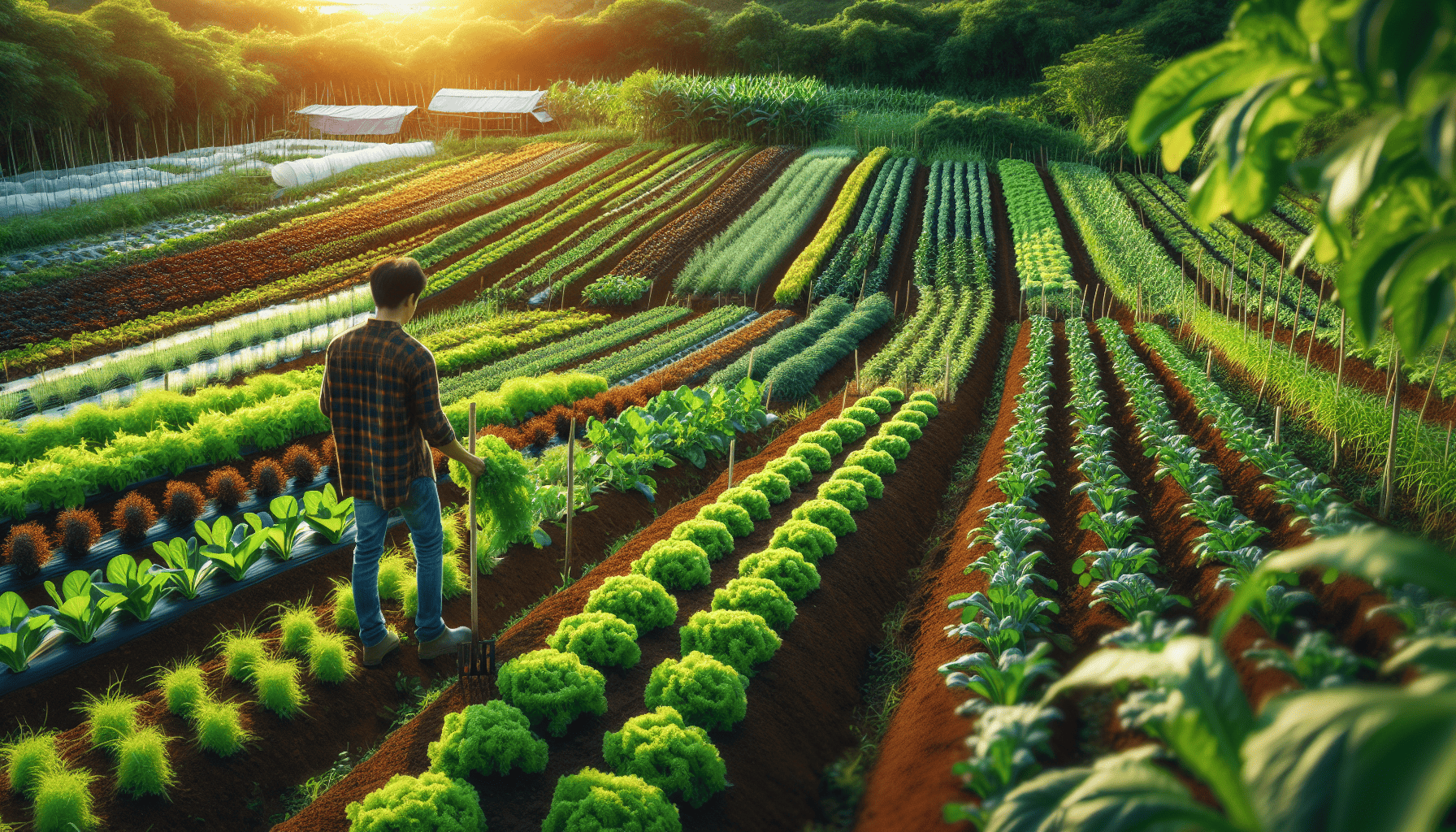Sustainable agriculture plays a crucial role in addressing the pressing challenge of feeding a growing global population while ensuring the preservation of the environment. This approach to agriculture focuses not only on increasing food production but also on protecting ecosystems, conserving resources, and supporting resilient communities. The principles and practices of sustainable agriculture aim to create a balance between meeting immediate food demands and safeguarding the Earth’s natural resources for future generations.
A cornerstone of sustainable agriculture is the principle of resource efficiency. This involves the careful management of natural resources such as soil, water, and biodiversity to maximize productivity without degrading the environment. Techniques like crop rotation, cover cropping, and agroforestry enhance soil health by maintaining its structure and fertility. These methods reduce the reliance on synthetic fertilizers and promote natural nutrient cycling, leading to healthier crops and reduced pollution.
Water management is another vital component of sustainable agriculture. Practices such as rainwater harvesting, drip irrigation, and the use of drought-resistant crop varieties help optimize water use. By minimizing water waste and reducing dependency on external water sources, sustainable agriculture strengthens resilience against climate change-induced water scarcity.
Biodiversity is intricately linked to sustainable farming. Incorporating a diversity of crops and livestock not only increases ecosystem stability but also boosts resilience against pests and diseases. Integrated pest management (IPM) strategies reduce the need for chemical pesticides by using natural predators, crop rotation, and biological controls. This maintains ecological balance and reduces the environmental impact of farming activities.
Furthermore, sustainable agriculture emphasizes the importance of building resilient communities. It encourages local food systems that empower small-scale farmers and foster community cooperation. Supporting farmers through fair trade practices and access to markets ensures that they can sustain their livelihoods while contributing positively to the environment.
Innovation and technology also play a significant role in sustainable agriculture by providing tools to increase efficiency and production. The use of precision agriculture, which employs drones and satellite imaging to monitor crop health and soil conditions, helps farmers make informed decisions, optimize inputs, and minimize waste.
Moreover, sustainable agriculture seeks to reduce food waste at all stages of production and consumption. By employing methods such as improved storage facilities, efficient distribution networks, and consumer education, agriculture can significantly cut down on food loss, ensuring more food reaches those in need.
Governments and organizations around the world are beginning to recognize the importance of sustainable agricultural practices and are implementing policies to encourage their adoption. Financial incentives, research funding, and educational programs aim to support farmers in transitioning to sustainable methods.
Crucially, sustainable agriculture is not a one-size-fits-all model. It requires adapting practices to local conditions and needs, taking into account cultural, economic, and environmental factors. Collaborations between farmers, researchers, and policymakers are essential for the continual evolution of sustainable practices that can be tailored to diverse contexts.
In conclusion, sustainable agriculture offers a viable path to meet the world’s growing food demands while preserving the planet’s health. By integrating resource efficiency, biodiversity, community resilience, and technological innovation, it presents a holistic approach to farming that prioritizes long-term environmental stewardship. As we look to feed future generations, adopting sustainable agricultural practices is imperative to achieving a balanced, nourishing, and sustainable world.
